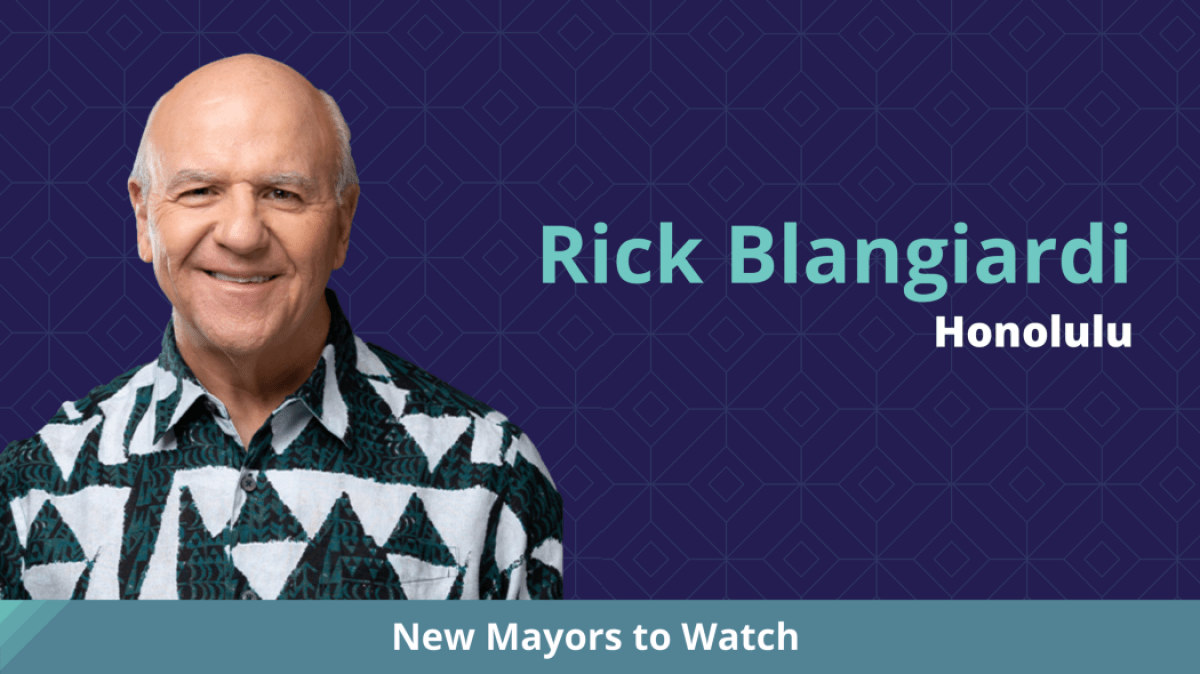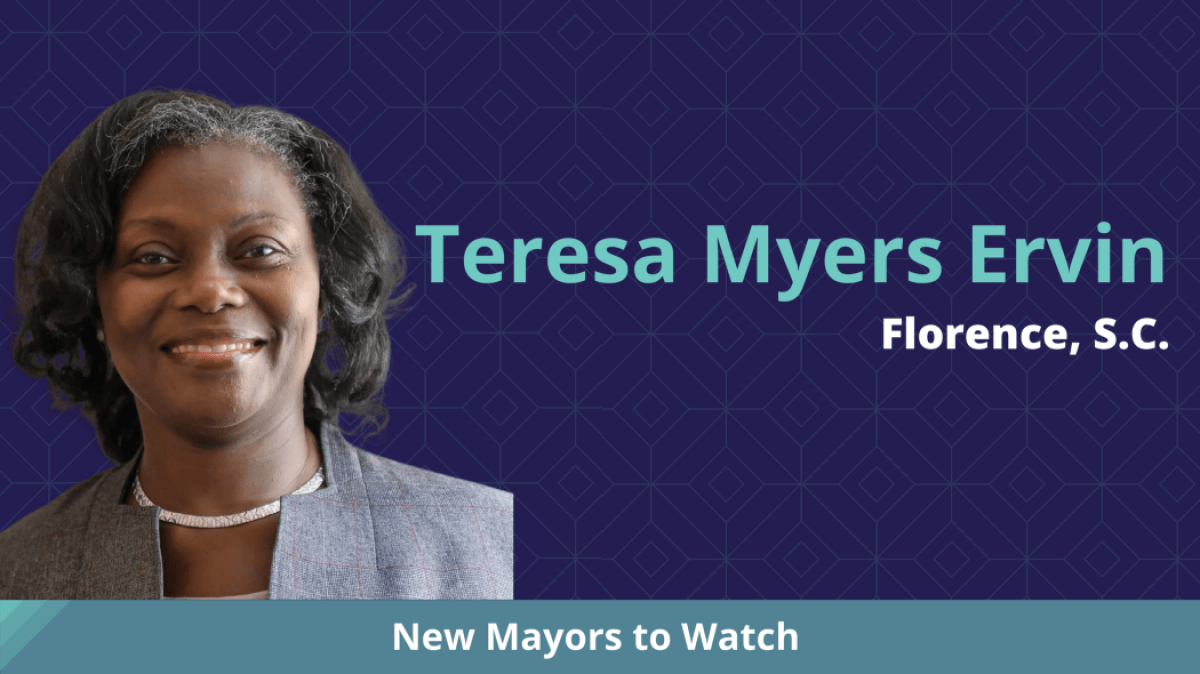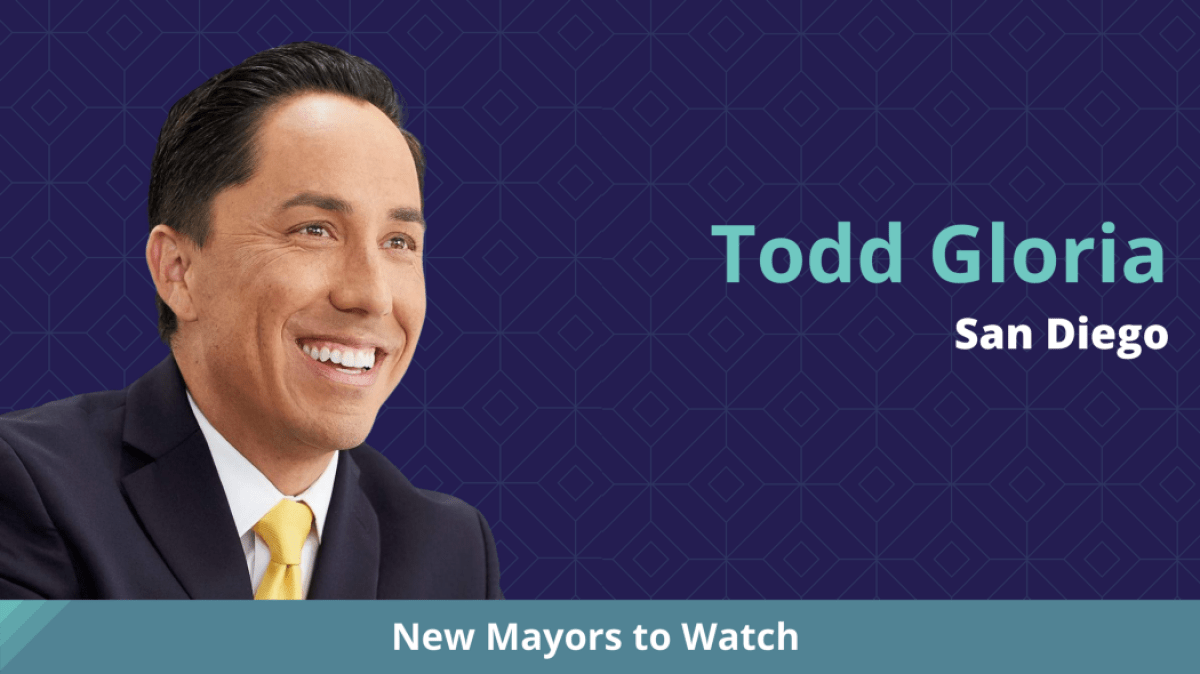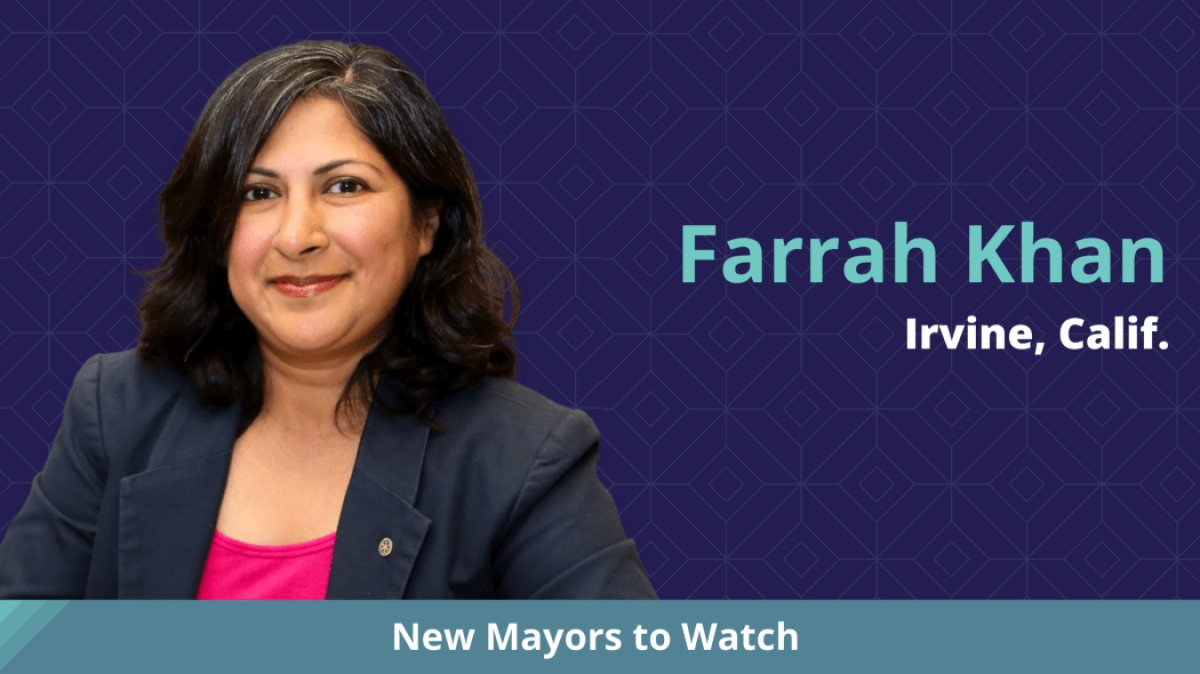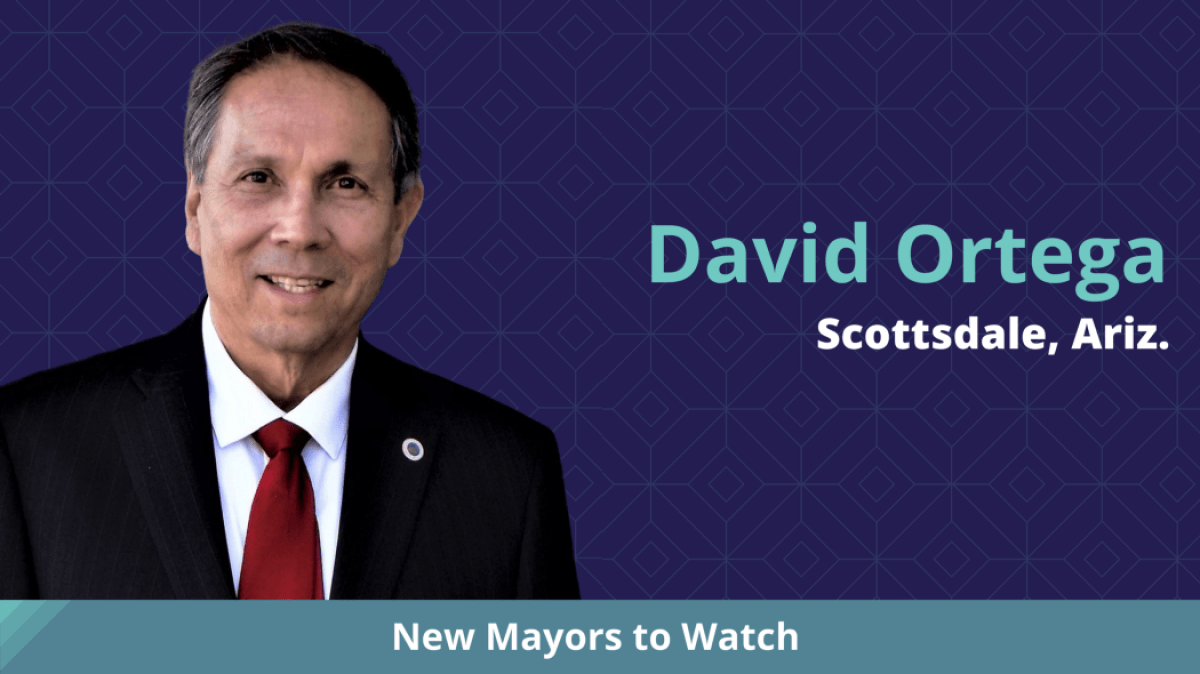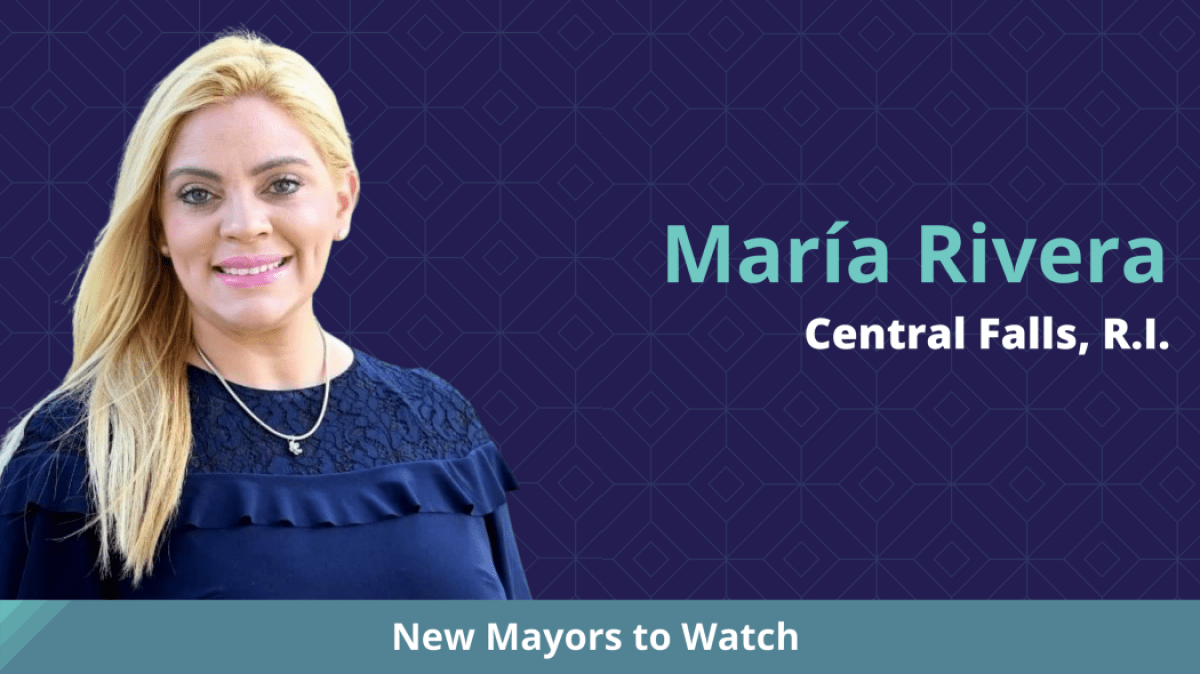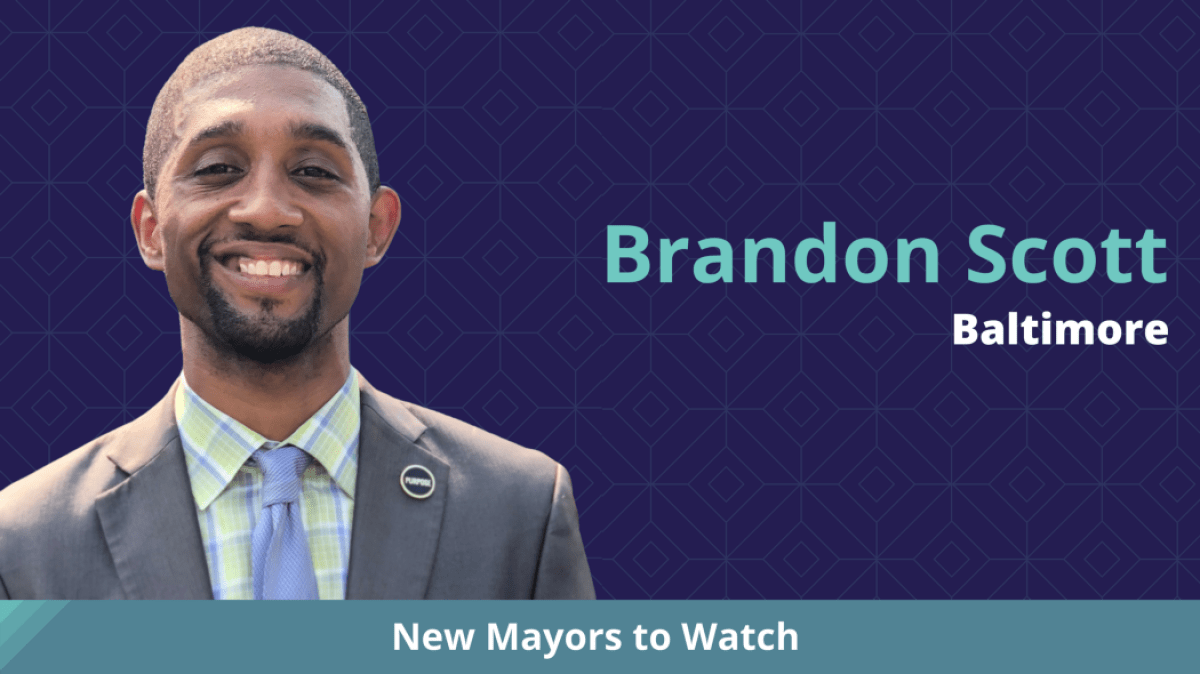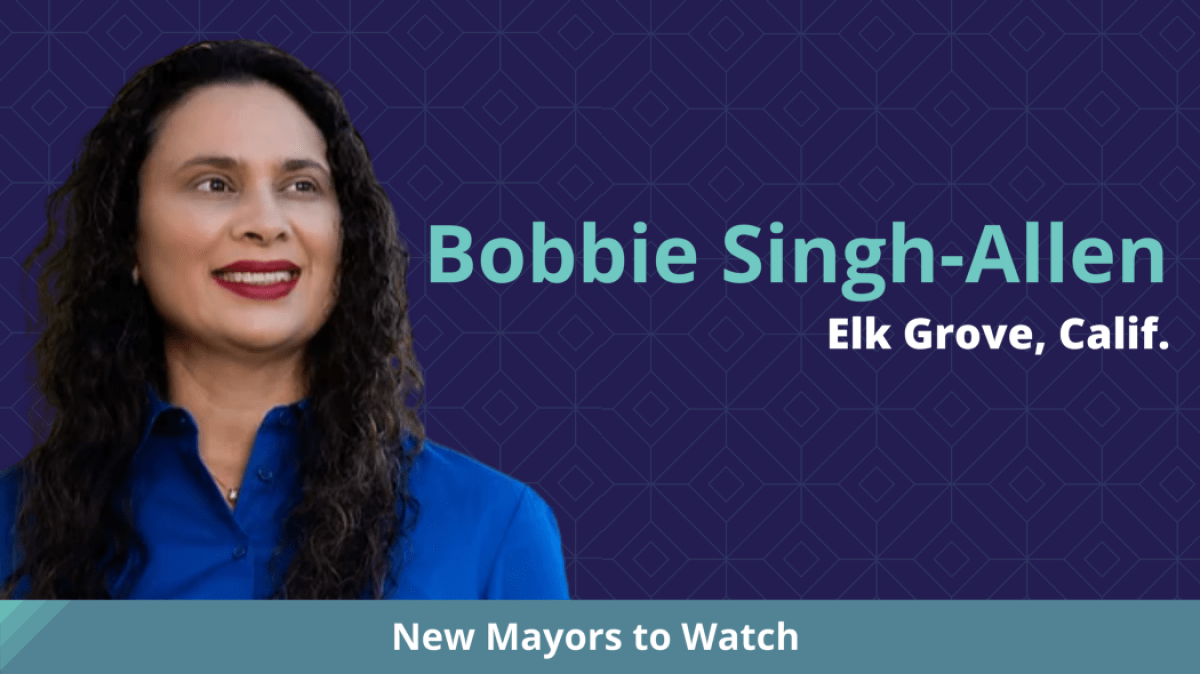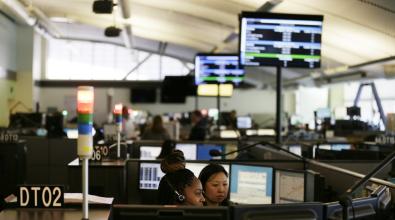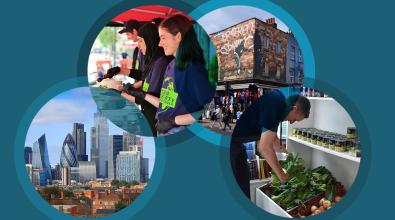New mayors to watch in 2021
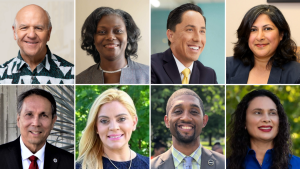
There’s little doubt that this is one of the most difficult times in modern history to be a mayor in America. A pandemic is raging. A reckoning over racial injustice is underway. Local economies are in tatters. Budget shortfalls are forcing tough choices. And city residents are fatigued, frustrated, and frightened of the long winter ahead.
And yet, across the country, hundreds of people this year campaigned for the job, knowing full well it may be the challenge of their lifetimes.
On November 3, 205 cities in 26 states held elections for mayor, with more than a quarter of those races in California alone. In most of the larger cities, incumbents prevailed. And results remain to be seen in cities such as Baton Rouge, La., and El Paso, Texas, where runoff elections will take place next month, or Gresham, Ore., where a near-tie may require a recount to settle.
At this point, it’s clear that more than 30 cities are swearing in new mayors. It’s a diverse group in every way, with many cities shattering glass ceilings by electing their first woman or person of color. Some come into the job with lots of experience in local government, and others none. Here are eight new mayors to keep an eye on.
Rick Blangiardi is a 73-year old businessman with no political experience. But he is well known to Honolulu voters for his televised editorials on Hawaii News Now, where he was general manager. He won this year’s open race for mayor by 20 percentage points, the most decisive margin of victory for Honolulu mayor in a generation. He’ll be tasked with rebuilding a tourism-based economy that’s been battered by the pandemic. And he plans to shake up the city’s approach to homelessness, which he says has simply moved people from one encampment to another rather than addressing root causes of the problem. Based on his business experience, Blangiardi says his first job will be building a team. “The mayor is the CEO of the city,” he said. “It is about managing. Managing people, decision-making…having the right people, understanding what it takes to get things done.”
Teresa Myers Ervin is the first woman and first African-American to be mayor of Florence, a city of 38,000 in the northeastern region of South Carolina known as the Pee Dee. She’s also the city’s first new mayor in more than a decade. But Ervin knows the ropes, having served ten years on the city council. She’s also a registered nurse at the region’s largest hospital. Her top priority is Florence’s economic recovery from the pandemic. “I’m simply doing what I feel I was born to do,” she said at her swearing-in ceremony. “That is to be a serving leader and so, to make history on top of that is truly a blessing.”
Todd Gloria is no stranger to the San Diego mayor’s office — he served as interim mayor for a brief period in 2013–14. Now he’s back, after serving two terms in the California State Assembly. Gloria says it’s time for his city of 1.4 million residents to “act like the big city it is” by tackling issues like affordable housing and a homelessness crisis with ambition. He may have the support to do it: Gloria won backing from both business and labor groups, and his Democratic Party holds a majority in the city council. Gloria, whose grandparents were Native American, Filipino, Puerto Rican, and Dutch, is the first person of color to lead San Diego, as well as the city’s first openly gay mayor. “I think about what this accomplishment may mean for children of color, young LGBTQ youth, who question if there’s a place for them in the city,” Gloria said after his win. “And I hope that my election tells them that there is, if they’re willing to work hard.”
In 2018, Farrah Khan became the first Muslim and first person of color to serve on the city council in Irvine, a city of 280,000 in Orange County. Now, she’s been elected the city’s next mayor. She unseated an experienced incumbent who had criticized Khan’s participation in a Black Lives Matter demonstration. Khan, who heads a local interfaith council, prevailed with a message of inclusion. “We have the opportunity to bring our community members together, to dialogue, to call for action and to heal,” she said after the protest. “Working towards eradicating implicit bias and brutality towards the Black community is expected and required.”
David Ortega will be Scottsdale’s first new mayor in 12 years, as incumbent Mayor Jim Lane is term limited out of office. Ortega is an architect, and a skeptic of many recent development deals in the fast-growing city of 250,000 people. Central to his campaign was a promise to jump-start a revision in Scottsdale’s long-term growth plan — which has been in place for nearly 20 years — and bring residents into that process. “My message to residents, businesses, schools, churches and to all stakeholders,” Ortega said, “is we will listen, learn and lead to shape the city you desire.”
Central Falls, a one-square mile city just north of Providence, has its first female mayor in María Rivera. She’s served on the City Council since 2017, most recently as council president. And she says her top priority will be maintaining fiscal health in the city of 19,000, which gained national attention for falling into bankruptcy in 2011 but has shown signs of bouncing back in recent years. “I will do everything I can,” she said recently, “to ensure our budget is effectively spent, with our families and small businesses at center.” Another area of concern for Rivera is the city’s large number of undocumented families, who have been struggling through the pandemic without access to government benefits.
At 36, Brandon Scott will be Baltimore’s youngest mayor in more than a century when he takes office next month. But he’s not lacking for experience: Scott has already served nine years on the city council, this past year as its president. Now, Scott will be in charge of implementing several initiatives he shepherded on the council, such as an equity-assessment program aimed at addressing racial and gender inequities in city policies, practices, and budgets. He also will be the first mayor to govern under voter-approved charter reforms putting new limits on mayoral power. The changes, which Scott backed, include the need to hire Baltimore’s first-ever city administrator to handle many day-to-day managerial tasks. In endorsing Scott’s candidacy, the Baltimore Sun said, “Mr. Scott is a visionary leader who works tirelessly to improve the city and isn’t afraid to upset the apple cart for the greater good.”
Bobbie Singh-Allen is the first Sikh woman to be directly elected mayor in the U.S. Born in India, Singh-Allen’s family came to the States when she was 4. Since 2012, she’s served on the local school board in Elk Grove, a growing city of 170,000 just outside Sacramento. Singh-Allen decisively defeated an incumbent who she and other women in public service had accused of bullying and intimidation. The incoming mayor says she’ll work as a “unifier” to “bring all constituents together,” and put economic recovery from the COVID-19 pandemic at the top of her agenda.
